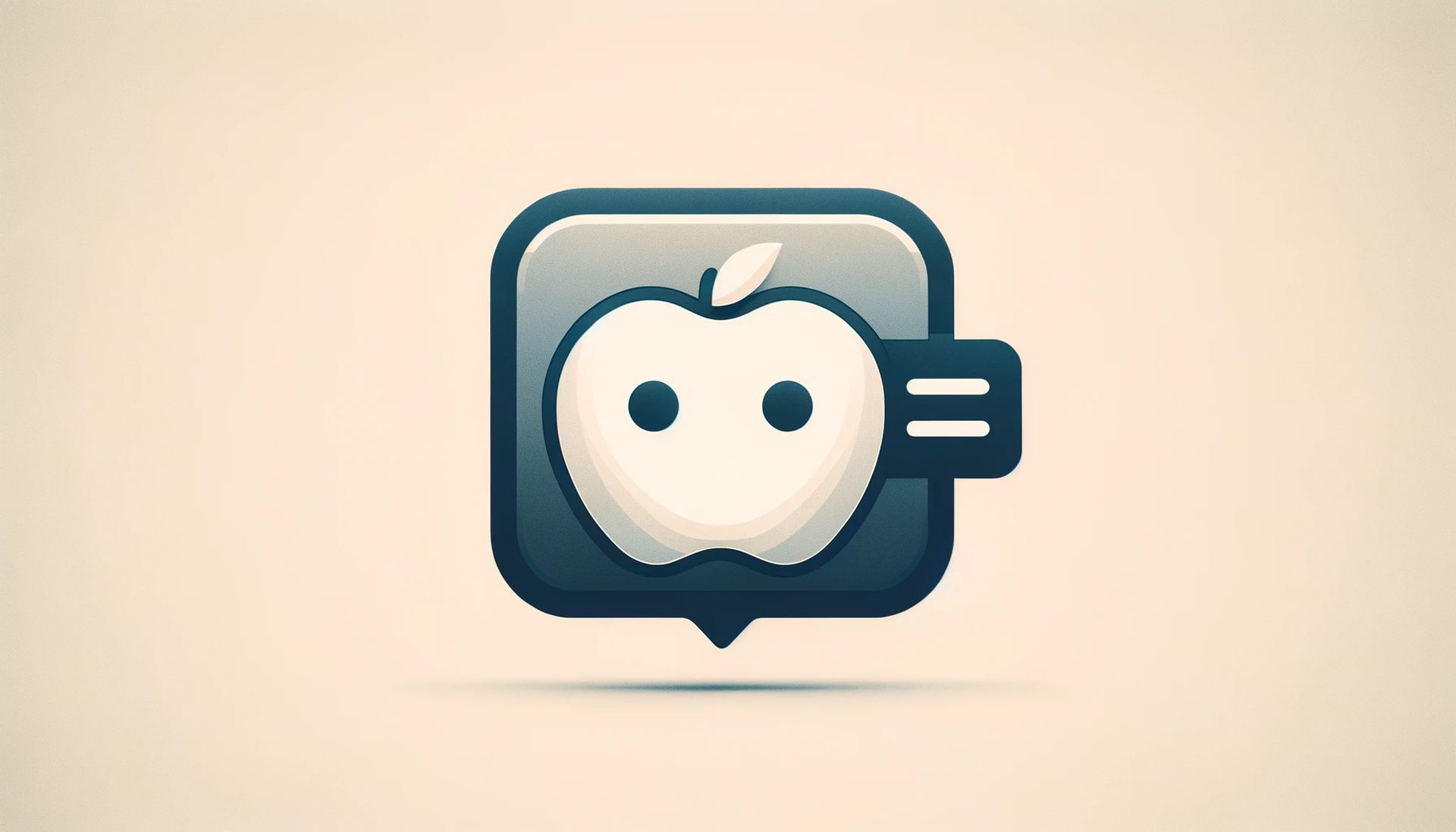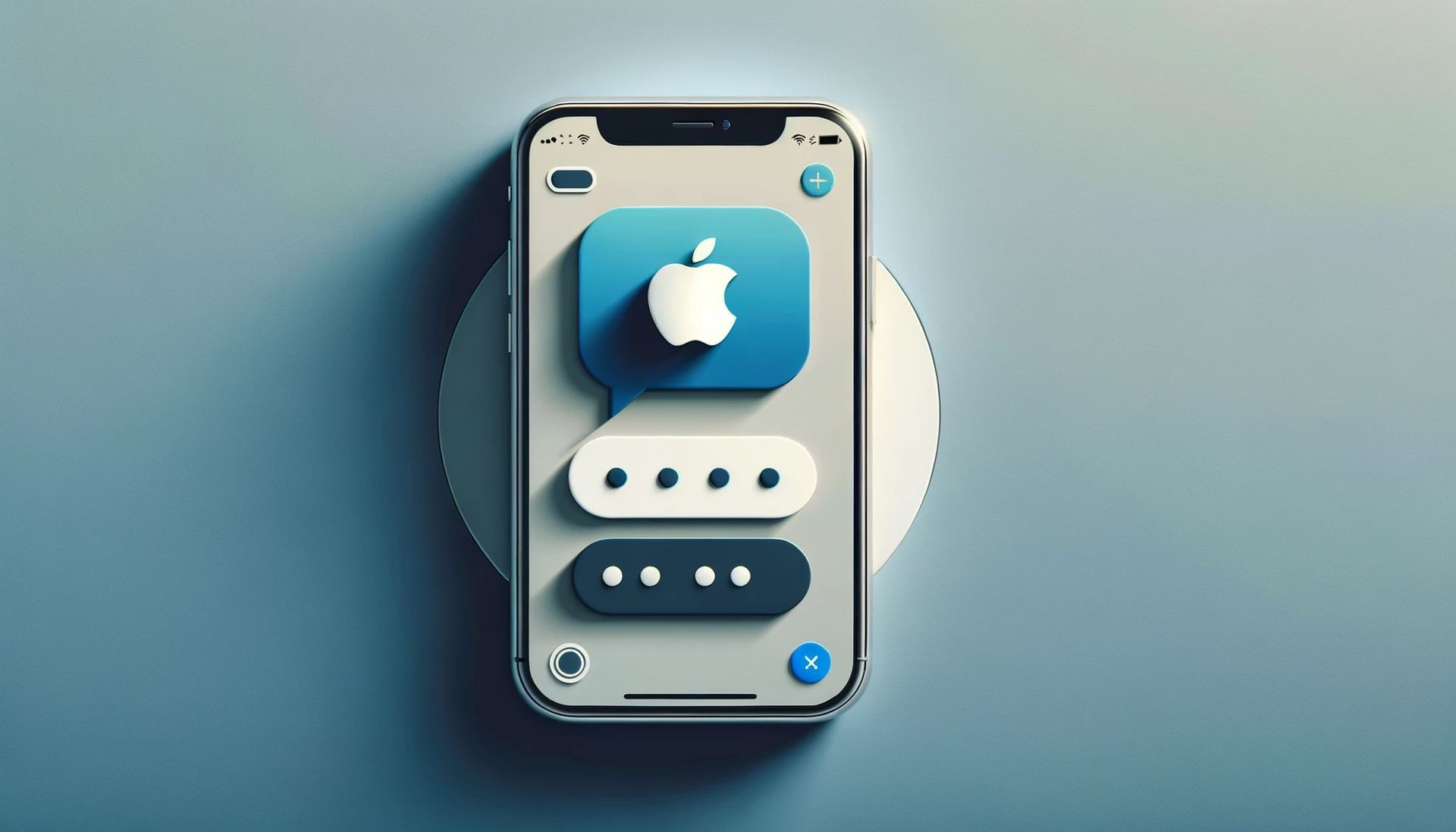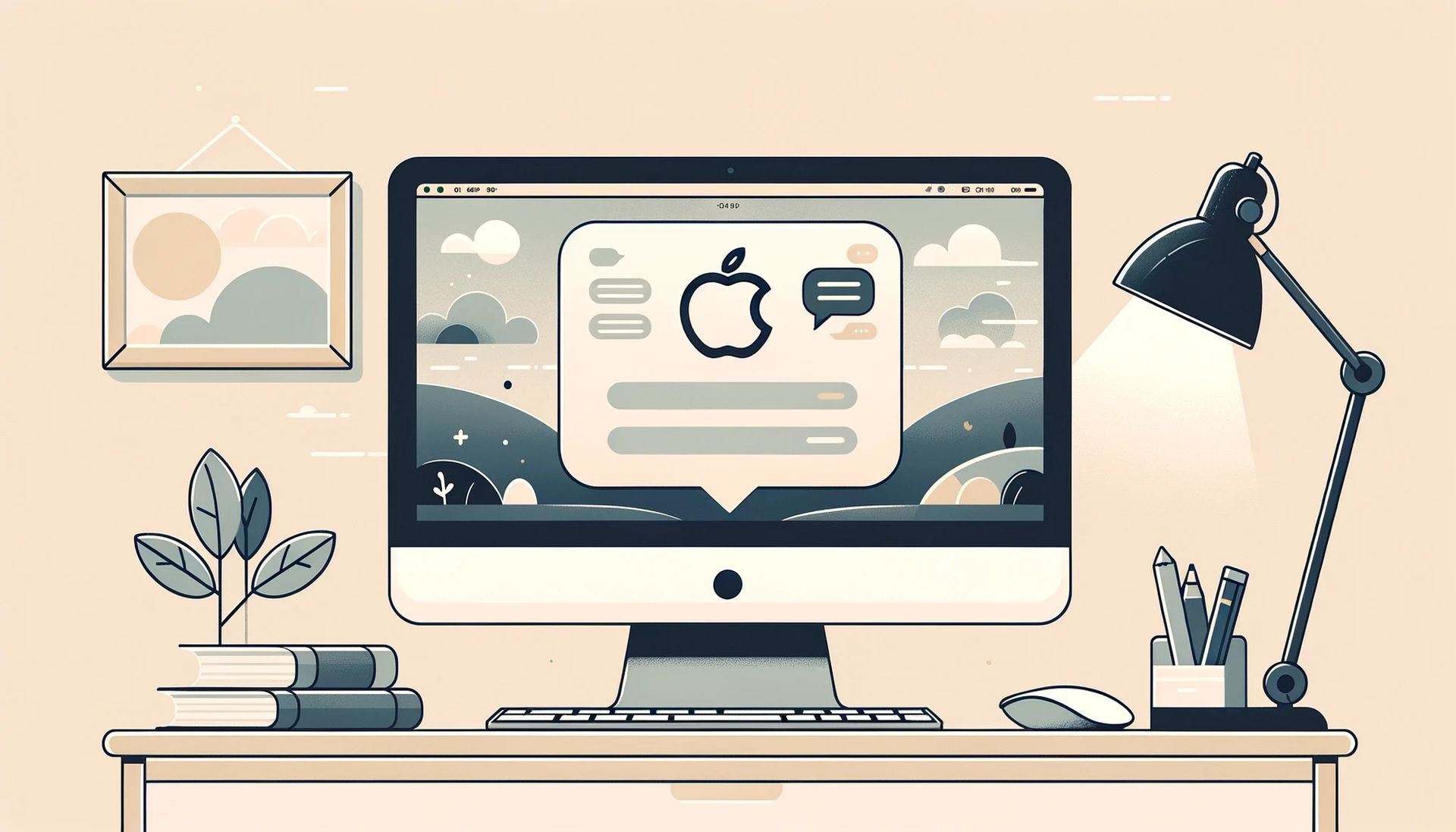In a bid to reclaim its dominance in the tech industry’s AI landscape, Apple is preparing to invest heavily in generative AI, as it acknowledges the need to catch up with rivals like Google and Microsoft. While the company’s late entry into the generative AI race has raised questions, the company is making substantial commitments to close the gap and introduce innovative AI solutions into its ecosystem.
Apple’s Billion-Dollar Investment
The $1 Billion Pledge: Tim Cook has set its sights on generative AI, announcing a substantial investment of $1 billion towards this endeavor. This financial commitment, while significant, is only the tip of the iceberg as Apple anticipates further expenditures in the coming years. The latecomer to the AI scene is well aware of the need to accelerate its efforts to compete effectively.
 Leadership Reorganization: To spearhead its generative AI initiatives, the company has entrusted senior vice presidents John Giannandrea and Craig Federighi. This leadership change is a clear signal of the company’s determination to catch up and excel in the generative AI domain.
Leadership Reorganization: To spearhead its generative AI initiatives, the company has entrusted senior vice presidents John Giannandrea and Craig Federighi. This leadership change is a clear signal of the company’s determination to catch up and excel in the generative AI domain.
AI Silence: Apple’s belated entry into the AI realm is conspicuous not only in the absence of AI features in its latest iPhone 15 but also in its lack of participation in discussions regarding responsible AI growth. This silence at a White House meeting and Tim Cook’s absence from a bipartisan senate panel underscores the urgency of AI efforts to bridge the gap with competitors.
A Costly Hardware Gamble: Industry expert Ming-Chi Kuo estimates that the company’s investment in generative AI hardware could exceed $4.75 billion in the coming years. Despite late entry, the attempt to secure Nvidia H100 servers for AI training faces stiff competition, highlighting the challenges it faces in acquiring the necessary hardware.
The Siri Overhaul
Reinventing Siri: Apple’s generative AI push will likely result in a comprehensive overhaul of its AI assistant, Siri. Siri’s limitations, especially when compared to Google’s AI efforts, have been evident for some time. With Microsoft introducing Copilot to Windows 11, the pressure is mounting on Apple to provide enhanced AI capabilities to its vast user base.
 Multimodal AI Integration: Apple’s exploration of generative AI encompasses various areas, from enhancing Siri’s capabilities to developing software for generating videos and images. The company is also delving into multimodal AI, aiming to seamlessly integrate text, images, and videos, a significant step forward in user experience and functionality.
Multimodal AI Integration: Apple’s exploration of generative AI encompasses various areas, from enhancing Siri’s capabilities to developing software for generating videos and images. The company is also delving into multimodal AI, aiming to seamlessly integrate text, images, and videos, a significant step forward in user experience and functionality.
Scary Fast Event Speculations: As the company gears up for its Scary Fast event, speculations are rife about the possible unveiling of “Apple GPT,” a generative AI tool that could rival ChatGPT. The company’s history of integrating AI into its ecosystem suggests that such a groundbreaking product is not beyond the realm of possibility.
Siri’s Evolution Challenges
Siri’s Complex Architecture: Reinventing Siri presents unique challenges, given the complex architecture of the AI assistant. Minor phrase additions to Siri require a time-consuming rebuild of its database, which can span up to six weeks. More intricate features may take even longer to implement.
Privacy vs. Functionality: Apple’s commitment to user privacy has often led to Siri lagging behind competitors like Alexa and Google Assistant. The company’s dedication to data protection complicates the integration of generative AI into Siri. Nevertheless, reports indicate Apple’s ambitions to make Siri more intelligent and AI-integrated, even improving its interaction with apps like Messages.
Apple’s Broader AI Integration
AI Across Applications: Apple is exploring the integration of AI across its suite of applications, from Apple Music to Xcode, and even its internal customer support mechanisms. These AI-driven features promise to streamline processes and enhance user experiences across the Apple ecosystem.
Security Concerns: Apple’s concerns about data security have led to a ban on employees’ use of AI tools like ChatGPT and GitHub Copilot. This protective stance aims to safeguard sensitive company information, a concern shared by many other major institutions and tech giants.
Tim Cook’s Perspective on AI: Tim Cook, has consistently emphasized the importance of AI and machine learning in the company’s product lineup. Cook advocates for a “deliberate and thoughtful” approach to AI’s deployment, reflecting Apple’s commitment to ethical and seamless integration.
Mixed Predictions: Industry analysts have offered mixed predictions about the generative AI progress. While some suggest a significant investment in AI infrastructure, others, like Ming-Chi Kuo, believe that the company lags behind industry counterparts and may not roll out generative AI as soon as speculated.
Apple’s Uphill Battle
 Challenges of a Late Entry: Apple’s late entry into the generative AI race has raised concerns internally. While the company is known for perfecting its products over time, the rapid evolution of AI technologies presents a unique challenge that requires swift adaptation.
Challenges of a Late Entry: Apple’s late entry into the generative AI race has raised concerns internally. While the company is known for perfecting its products over time, the rapid evolution of AI technologies presents a unique challenge that requires swift adaptation.
History of Innovation: Apple has a history of revolutionizing industries with groundbreaking products like the iPhone. It remains to be seen if the company can replicate this success in the generative AI space.
The Clock is Ticking: As competitors continue to make strides in the AI race, Apple faces increasing pressure to catch up and establish a strong presence in the generative AI market.
Apple’s Generative AI Push
Apple’s significant investment in generative AI, coupled with its commitment to overhauling Siri and integrating AI across its ecosystem, highlights the company’s determination to compete with tech giants like Google and Microsoft. While the challenges of late entry and internal anxiety are evident, the company’s track record of innovation suggests that it is well-equipped to make a substantial impact in the generative AI domain. The tech community eagerly anticipates the company’s future AI developments as the company strives to regain its prominence in this rapidly evolving field.











